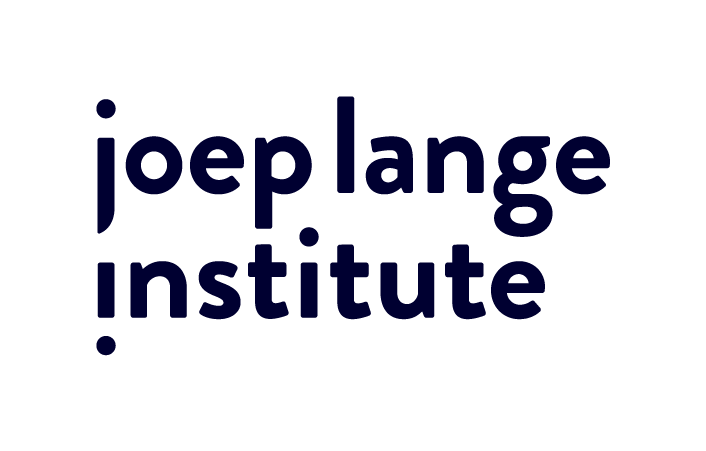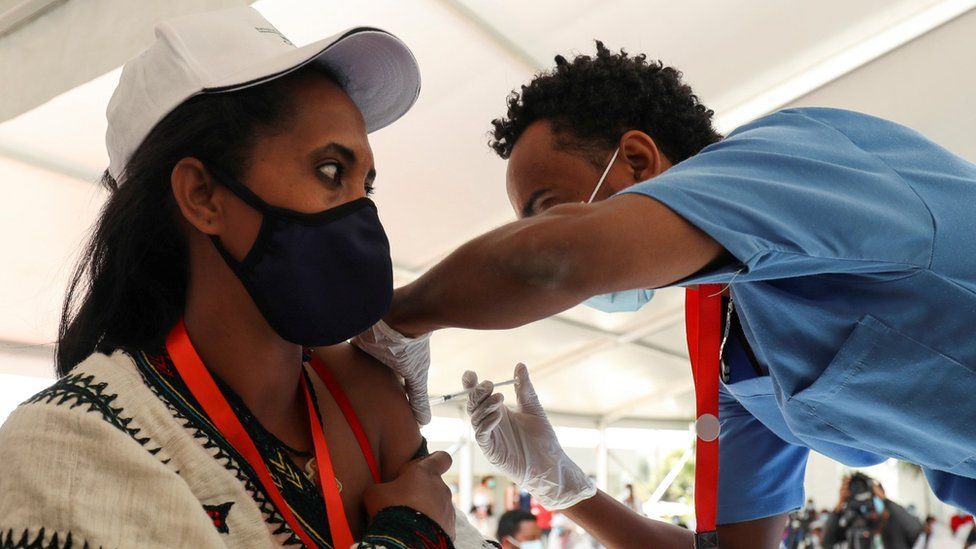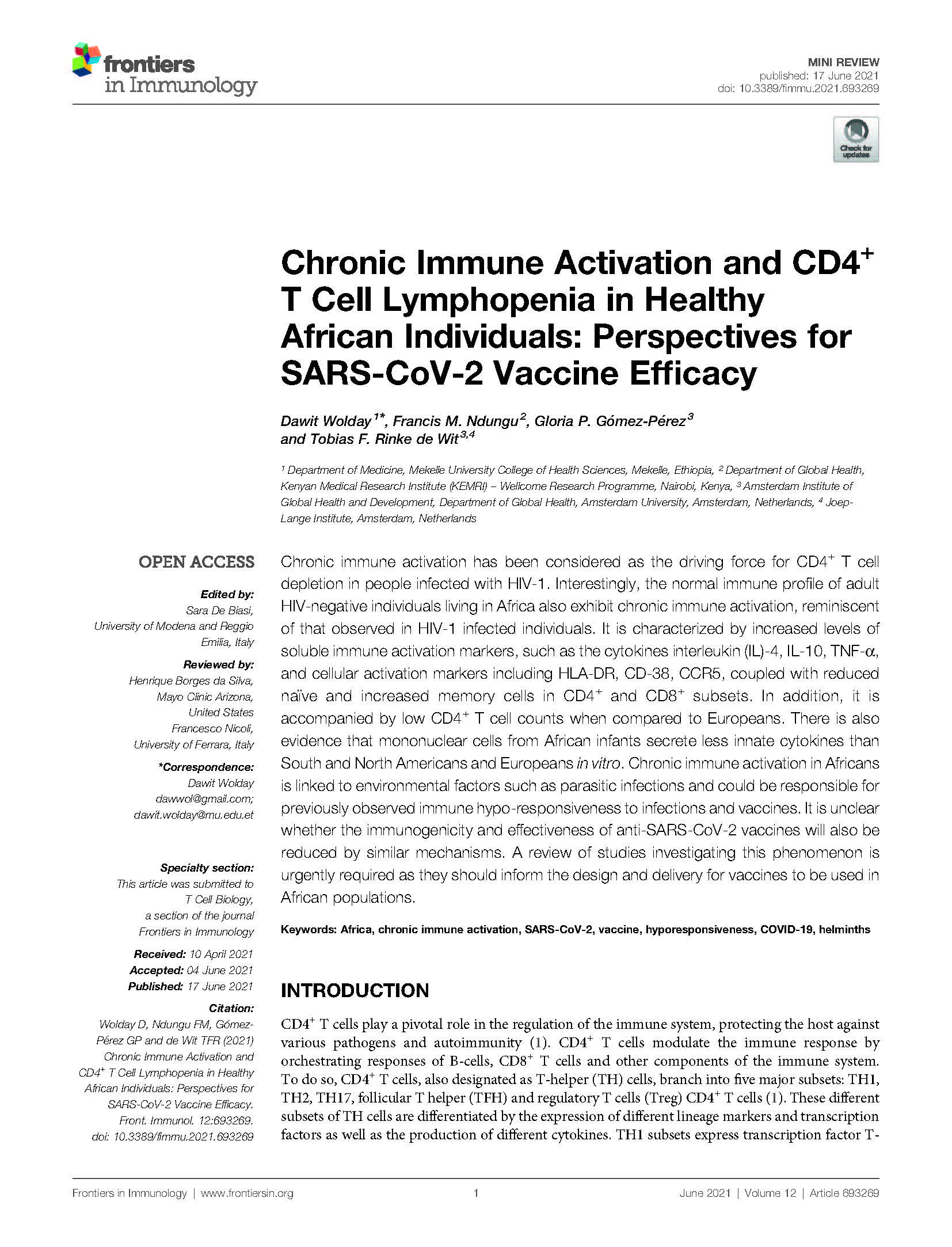A team of Ethiopian researchers in collaboration with JLI’s Prof Tobias Rinke de Wit recently produced various studies on how the immune system interacts with COVID-19 in an African context. A particular role emerges for parasites. Chronic parasitic infection is common in Low-and-Middle Income Countries (LIMCs). These infections modulate the immune system, which can have positive and negative effects on COVID-19.
Two hypotheses have been raised by the research team:
- Intestinal parasites reduce symptomatology of COVID in Africa. See paper published in Lancet-affiliate EClinicalMedicine: https://www.thelancet.com/journals/eclinm/article/PIIS2589-5370(21)00334-5/fulltext
- Intestinal parasites through immune activation reduce efficacy of COVID vaccines. See mini-review published in Frontiers in Immunology: https://www.frontiersin.org/articles/10.3389/fimmu.2021.693269/full
While doing these studies, many additional take-aways of COVID in Africa have become apparent:
1. There is far more COVID in Africa than currently reported
2. There is very limited COVID vaccine coverage (<2%) in Africa
3. There is (traditionally) a significant vaccine hesitancy in Africa
4. If there is COVID vaccine, the second jab is often not provided; this increases the chance of vaccine escape mutants
5. People are reluctant to get tested for COVID due to stigma and consequences of quarantine
6. Africans feel far less COVID symptoms (due to lower age, other immune system, etc.) and therefore are not keen on testing
7. There are many Africans with suppressed immune systems (due to HIV), in which COVID variants could preferentially develop
8. This all in combination with international tourism to Africa (still at 1 million persons per month) will increase the chance of African variants to ‘boomerang into Europe’. https://www.telegraaf.nl/nieuws/708571683/onze-covid-boemerang-zweeft-nu-door-afrika





